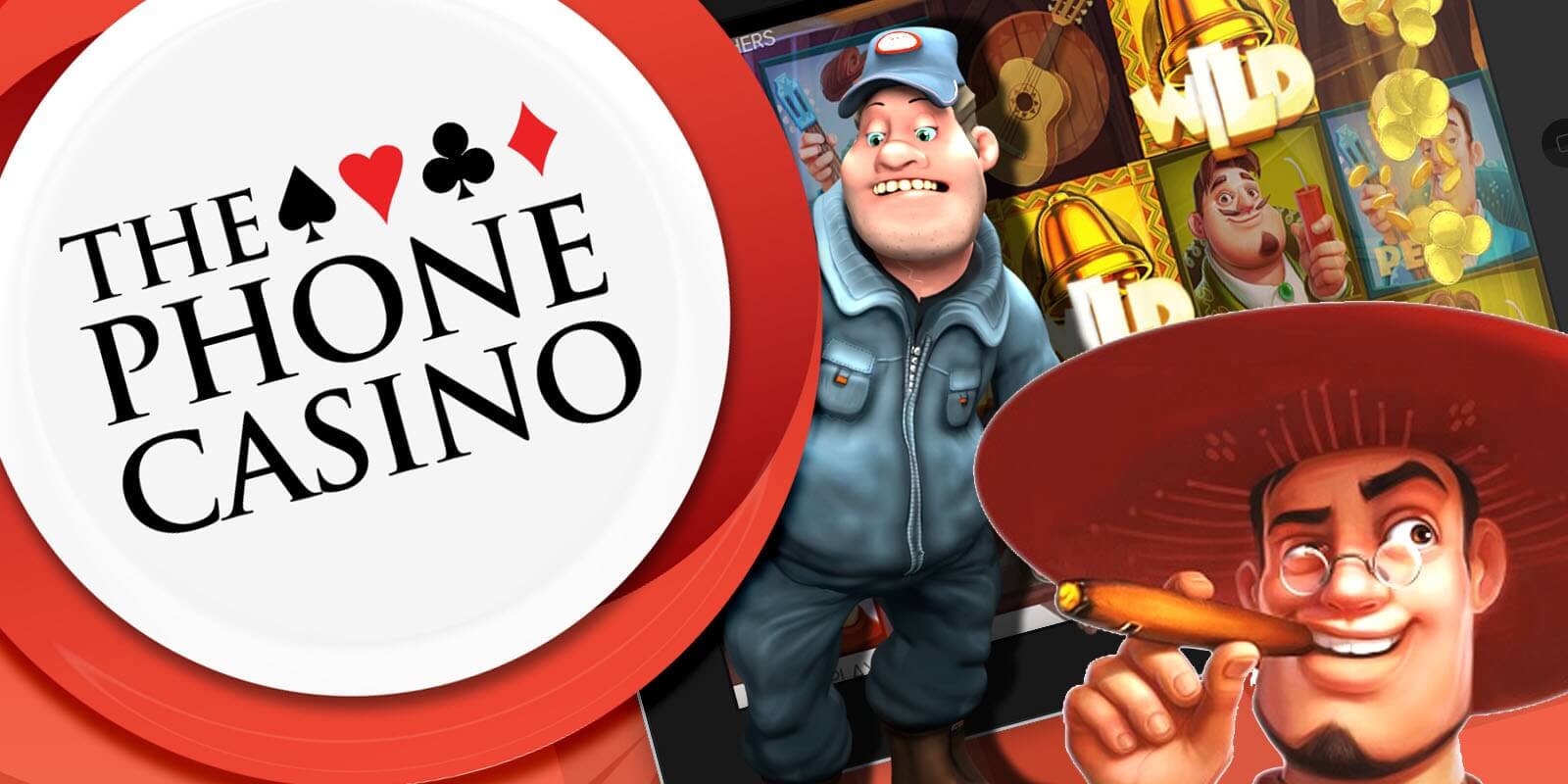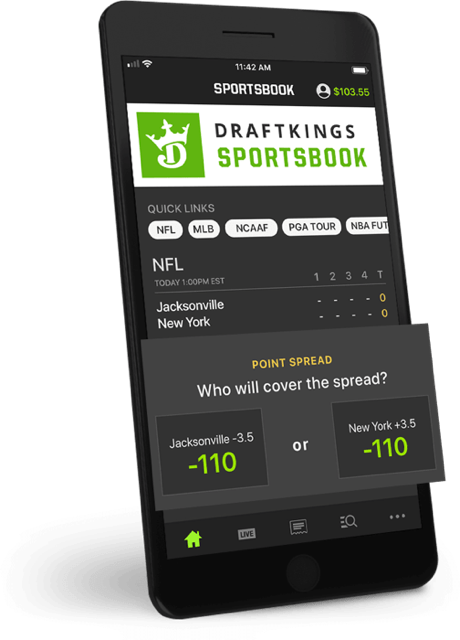By using Mobile Phone Gambling Block the casino games Mobile Phone Gambling Block in demo mode, you have the chance to win real cash prizes, but is a good way to find your favorite games without the need to spend your money in a game that may not like. Once you’ve found your favorite game, you can easily register a casino account and play for free with various offers and promotions. When mobile devices moved from phone-and-text focused on the smartphone technology we know today, the gambling world was ecstatic as it freed many players from the shackles of their PCs. These players can’t help but be excited about gambling apps where you win real money. Advice for safer gambling. Some people gamble for fun and enjoyment. However, some people think of gambling as a way to make money, spend more than they can afford, or use gambling to distract themselves from everyday problems. Underage gambling is an offense This website is operated by William Hill Global PLC, a company registered in Malta with registration number C96298 and registered office at William Hill Global PLC, Tagliaferro Business Centre, Level 7, High Street, Sliema SLM 1549, Malta.
Latest news
We’ll keep you up to date on all the news across the 60 racecourses.
Most Popular Pages
Want to be a bookmaker?
A step-by-step guide to becoming a racecourse bookmaker.

Unclaimed and lost betting tickets
Find out how to claim your winnings.
| Course | Ring | Position | Sale type | Action |
|---|---|---|---|---|
| Ascot | Flat Rails | 11 | Auction | Log In |
| Ascot | Flat Rails | 14 | Auction | Log In |
| Ascot | NH Rails | 11 | Auction | Log In |
| Ascot | Royal Rails | 24 | Auction | Log In |
| Cheltenham | Off Rails | 21 | Auction | Log In |
Wanted
| Course | Ring | Position | Price | Action |
|---|---|---|---|---|
| Uttoxeter | Tattersalls | 10 - 30 | Wanted | Log in |
Gambling Law: An Overview
Gambling, though widespread in the United States, is subject to legislation at both the state and federal level that bans it from certain areas, limits the means and types of gambling, and otherwise regulates the activity.
Congress has used its power under the Commerce Clause to regulate interstate gambling, international gambling, and relations between the United States and Native American territories. For example, it has passed laws prohibiting the unauthorized transportation of lottery tickets between states, outlawing sports betting with certain exceptions, and regulating the extent to which gambling may exist on Native American land.
Each state determines what kind of gambling it allows within its borders, where the gambling can be located, and who may gamble. Each state has enacted different laws pertaining to these topics. The states also have differing legal gambling ages, with some states requiring the same minimum age for all types of gambling, while for others, it depends on the activity. For example, in New Jersey, an 18-year-old can buy a lottery ticket or bet on a horse race, but cannot enter a casino until age 21. Presumably, the age 21 restriction is due to the sale of alcohol in that location.
A standard strategy for avoiding laws that prohibit, constrain, or aggressively tax gambling is to locate the activity just outside the jurisdiction that enforces them, in a more 'gambling friendly' legal environment. Gambling establishments often exist near state borders and on ships that cruise outside territorial waters. Gambling activity has also exploded in recent years in Native American territory. Internet-based gambling takes this strategy and extends it to a new level of penetration, for it threatens to bring gambling directly into homes and businesses in localities where a physical gambling establishment could not conduct the same activity.
Internet Gambling
Federal Regulation
In the 1990s, when the World Wide Web was growing rapidly in popularity, online gambling appeared to represent an end-run around government control and prohibition. A site operator needed only to establish the business in a friendly offshore jurisdiction such as the Bahamas and begin taking bets. Anyone with access to a web browser could find the site and place wagers by credit card. Confronted with this blatant challenge to American policies, the Department of Justice and Congress explored the applicability of current law and the desirability of new regulation for online gambling.
In exploring whether an offshore Internet gambling business taking bets from Americans violated federal law, attention was focused on the Wire Act, 18 U.S.C. § 1084 (2000). The operator of a wagering business is at risk of being fined and imprisoned under the Wire Act if the operator knowingly uses a 'wire communication facility' to transmit information related to wagering on 'any sporting event or contest.' 18 U.S.C. § 1084(a). An exception exists if that act is legal in both the source and destination locations of the transmission. § 1084(b). The Wire Act’s definition of “wire communication facility” appears to embrace the nation's entire telecommunications infrastructure, and therefore probably applies to online gambling. See § 1081.
The Department of Justice maintains that, under the Wire Act, all Internet gambling by bettors in the United States is illegal. U.S. House of Representatives Committee on the Judiciary Hearing on Establishing Consistent Enforcement Policies in the Context of Online Wagers, 110th Cong., Nov. 14, 2007 (testimony of Catherine Hanaway, U.S. Attorney (E.D. Mo.), Dept. of Justice). The Fifth Circuit disagreed, ruling that the Wire Act applies only to sports betting, not other types of gambling. In re MasterCard Int’l Inc., 313 F.3d 257 (5th Cir. 2002).

In 2006, Congress passed the Unlawful Internet Gambling Enforcement Act, which made it illegal for wagering businesses to knowingly accept payment in connection with unlawful Internet gambling (though it does not itself make Internet gambling illegal). 109 Pub. L. 109-347, Title VIII (Oct. 13, 2006) (codified at 31 U.S.C. §§ 5301, 5361–67). It also authorizes the Federal Reserve System to create regulations that prohibit financial transaction providers (banks, credit card companies, etc.) from accepting those payments. See 31 U.S.C. § 5363(4). This Act, along with threats of prosecution under the Wire Act from the Department of Justice, has caused several Internet gambling businesses to withdraw from the U.S. market.

In response, House Representatives introduced multiple bills in 2007 to soften federal Internet gambling law. If passed, the Internet Gambling Regulation and Enforcement Act and the Internet Gambling Regulation and Tax Enforcement Act would license, regulate, and tax Internet gambling businesses rather than prohibit them from taking bets from the United States. Alternatively, the Skill Game Protection Act would clarify the Wire Act to exempt certain games such as poker and chess.
State Regulation
In addition to federal measures, some states have enacted legislation to prohibit some types of Internet gambling. In 2006, Washington State amended its Code to make knowingly transmitting or receiving gambling information over the Internet a felony. See Wash. Rev. Code § 9.46.240 (2006). Other states with similar prohibitions have made it a misdemeanor instead. See e.g., 720 ILCS 5/28-1 (2007).
States have not been particularly active in enforcing these laws, possibly due to a conflict with the dormant Commerce Clause doctrine. That doctrine theorizes that state law applying to commerce outside the state’s borders is unconstitutional because that power lies with federal, not state, government. In particular, federal preemption has obstructed states’ attempts to regulate gambling activity on Indian reservations within state borders. See Missouri ex rel. Nixon v. Coeur D’Alene Tribe, 164 F.3d 1102 (8th Cir. 1999). The federal Indian Gaming Regulatory Act, 25 U.S.C. § 29 (2000), governs gambling activity on Indian reservations, but the extent to which it and other federal gambling laws preempt state action in the Internet arena is uncertain.
menu of sources
Phone Gaming Stock
Federal Material
U.S. Constitution and Federal Statutes
- U.S. Code: Title 15, Chapter 24: Transportation of Gambling Devices
- U.S. Code: Title 15, Chapter 57, Interstate Horseracing
- U.S. Code: Title 18, Chapter 50: Gambling
- U.S. Code: Title 18, Chapter 61: Lotteries
- 18 U.S.C. §1953 (Interstate Transportation of Wagering Paraphernalia Act)
- 18 U.S.C. §1955 (Illegal Gambling Business Act of 1970)
- 25 U.S.C. §§2701-2721 (Indian Gaming Regulatory Act)
- U.S. Code: Title 28, Chapter 178: Professional and Amateur Sports Protection
- Code of Federal Regulations: Title 25, Chapter 3: National Indian Gaming Commission, Department of the Interior
- Proposed Internet Gambling Prohibition Act of 1997 (not passed)
Federal Judicial Decisions
Free Mobile Casino Games
- Greater New Orleans Broadcasting Association, Inc. v. United States, 527 U.S. 173 (1999)
- Ratzlaf v. United States, 510 U.S. 135 (1994)
- Chickasaw Nation v. United States, 534 U.S. 84 (1999)

State Material
Other References
Gambling Phone Bill

- '14 Charged in Internet Betting' (Washington Post, March 5, 1998)
- wex